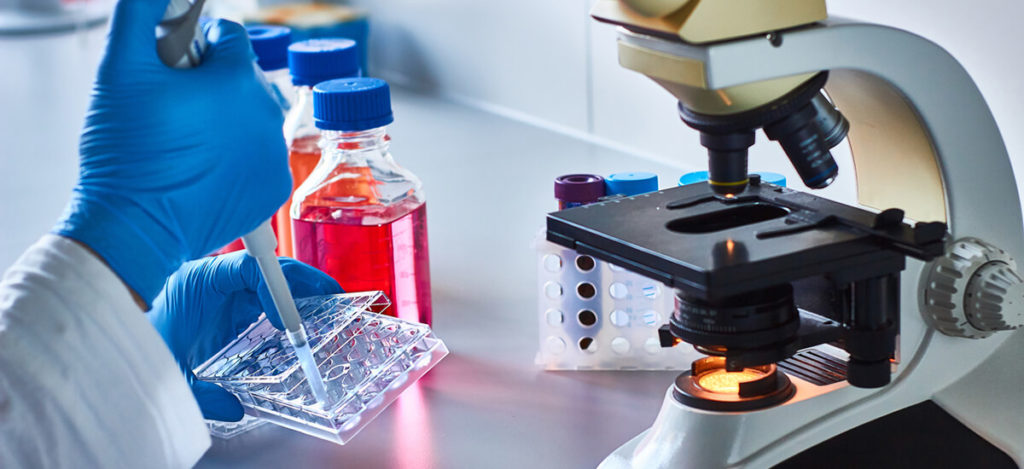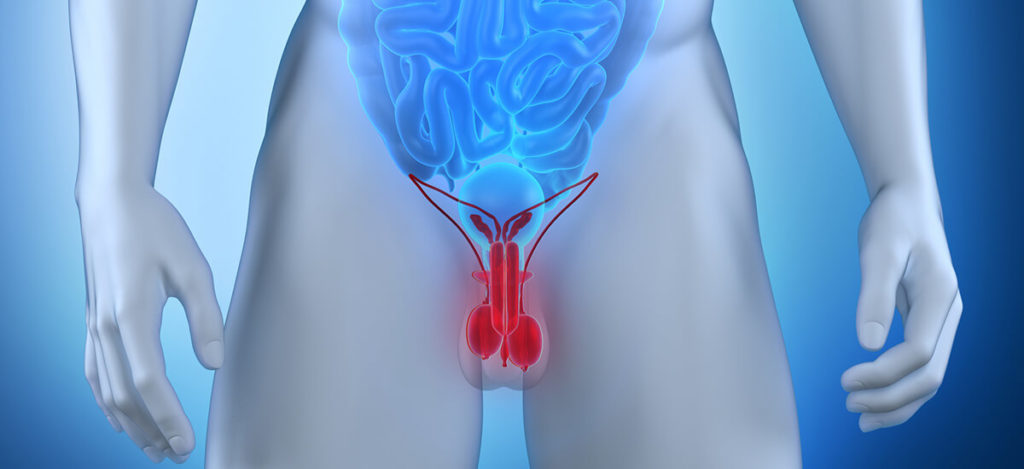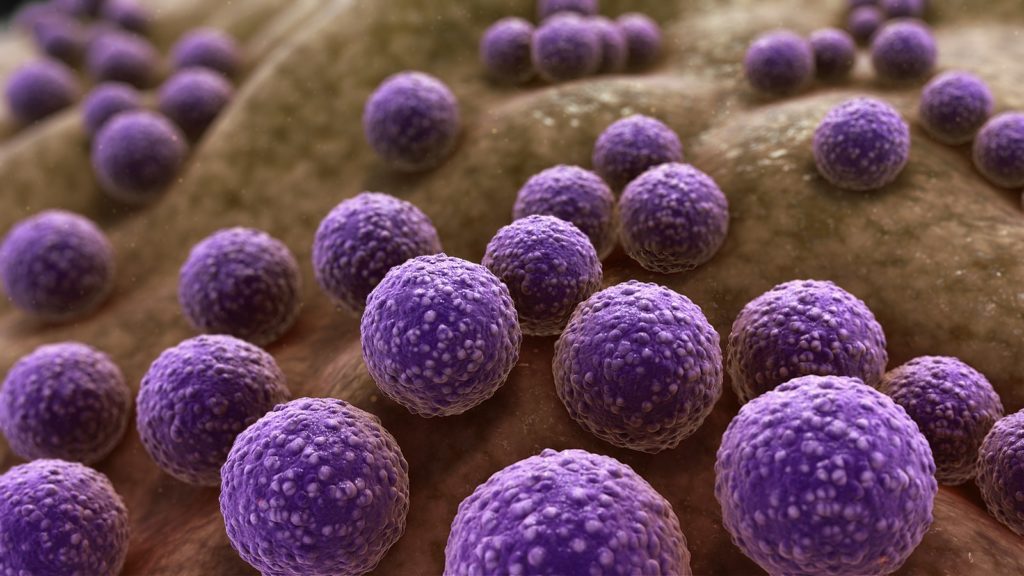This extension study is designed to assess the safety of GSK Biological’s HPV vaccine GSK580299 in female subjects who took part in the primary study NCT00294047 and received the control vaccine in countries for which the licensed GSK HPV vaccine is not indicated for the subject’s age group (26 years and older). This study is thus conducted to enable all women who received the control placebo in the primary NCT00294047 study to receive the GSK580299 vaccine.
Official Title
Safety Study of GSK Biologicals’ Human Papillomavirus Vaccine (GSK-580299) in Healthy Female Control Subjects from the Primary NCT00294047 Study
Conditions
Human Papillomavirus (HPV) Type 16/18 Infections and Cervical Neoplasia.
Study Type
Interventional
Study Design
Endpoint Classification: Safety Study
Intervention Model: Single Group Assignment
Masking: Open Label
Primary Purpose: Prevention
Further Details
Primary Outcome Measures:
- Occurrence of serious adverse events [ Time Frame: Throughout the study (from Month 0 to 12) ] [ Designated as safety issue: No ]
- Occurrence of medically significant conditions [ Time Frame: Throughout the study (from Month 0 to 12) ] [ Designated as safety issue: No ]
- Occurrence of pregnancies [ Time Frame: Throughout the study (from Month 0 to 12) ] [ Designated as safety issue: No ]
Arms:
Group A: Experimental subjects received control vaccine in the primary study NCT00294047
Intervention:
Biological: GSK580299
(CervarixTM)
Study Start
January 2011 – July 2015
Eligibility & Criteria
Ages Eligible for Study: 26 Years and older
Genders Eligible for Study: Female
Accepts Healthy Volunteers: Yes
Criteria
Inclusion Criteria:
- Subjects who the investigator believes can and will comply with the requirements of the protocol
- A subject previously enrolled in the study NCT00294047, who received the control vaccine, and who cannot receive the GSK580299 vaccine because the subject is above the age for which the vaccine is licensed.
- Written informed consent obtained from the subject
- Free of obvious health problems as established by medical history and clinical examination before entering into the study.
- Female subjects of non-childbearing potential may be enrolled in the study.
- Female subjects of childbearing potential may be enrolled in the study, if the subject:
- has practiced adequate contraception for 30 days prior to vaccination, and
- has a negative pregnancy test on the day of vaccination, and
- has agreed to continue adequate contraception during the entire treatment period and for 2 months after completion of the vaccination series.
Exclusion Criteria:
- Pregnant or breastfeeding.
- Women planning to become pregnant, likely to become pregnant or planning to discontinue contraceptive precautions during the vaccination phase of the study, i.e. up to two months after the last vaccine dose.
- Use of any investigational or non-registered product other than the study vaccine within 30 days preceding the first dose of study vaccine, or planned use during the study period.
- Previous vaccination against HPV or planned administration of another HPV vaccine during the study other than that foreseen in the protocol.
- Chronic administration of immunosuppressants or other immune-modifying drugs within six months prior to the first vaccine dose.
- Administration of any chronic drug therapy to be continued during the study period.
- Planned administration/administration of a vaccine not foreseen by the study protocol within 30 days (i.e., Day 0-29) of each dose of vaccine, with the exception of administration of routine meningococcal, hepatitis B, hepatitis A, inactivated influenza, diphtheria/tetanus and/or diphtheria/tetanus-containing vaccine up to 8 days before each dose of study vaccine. Enrolment will be deferred until the subject is outside of specified window.
- Concurrently participating in another clinical study, at any time during the study period, in which the subject has been or will be exposed to an investigational or a non-investigational product.
NOTE: Subjects enrolled in this study may also be eligible for a four-year gynaecological follow-up of the HPV-015 study, in which no investigational product will be administered. Subjects will be invited to the gynaecological follow-up study if either of the following applies:
- if they test positive for oncogenic HPV infection, but display normal cervical cytology at their concluding HPV-015 study end visit;
- if they are pregnant so that no cervical sample can be taken at their concluding HPV-015 study end visit;
- Previous administration of any components of the vaccine.
- Any confirmed or suspected immunosuppressive or immunodeficient condition, based on medical history and physical examination.
- Cancer or autoimmune disease under treatment.
- Administration of immunoglobulins and/or any blood products within the 3 months preceding the first dose of study vaccine or planned administration during the study period.
- History of any reaction or hypersensitivity likely to be exacerbated by any component of the vaccine
- History of any neurological disorders or seizures.
- Acute disease and/or fever at the time of enrolment.
- Acute or chronic, clinically significant pulmonary, cardiovascular, hepatic or renal functional abnormality, as determined by physical examination or laboratory screening tests.
Total Enrolment
465
Contact Details
All content and media on the HealthEngine Blog is created and published online for informational purposes only. It is not intended to be a substitute for professional medical advice and should not be relied on as health or personal advice. Always seek the guidance of your doctor or other qualified health professional with any questions you may have regarding your health or a medical condition. Never disregard the advice of a medical professional, or delay in seeking it because of something you have read on this Website. If you think you may have a medical emergency, call your doctor, go to the nearest hospital emergency department, or call the emergency services immediately.







